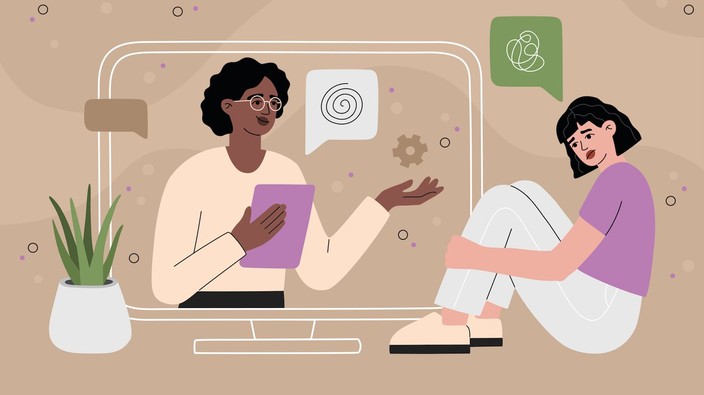about a third of her clients were virtual before the pandemic, and now 99 per cent of the therapy she provides is remote.
“you don’t have to pay for parking. you can save money on gas, getting to the therapist’s office. or if you have kids, you don’t necessarily need a babysitter if you can time it right. i see a lot of moms with their babies. and if you’re in a rural or remote community, it can be really convenient since there might not be a therapist in your area.”
korol says that many of her patients switched to online virtual treatment before the pandemic because of the convenience.
“if someone forgot their appointment and i’d give them a call and, and say, ‘well, instead of charging you for not showing up for the appointment, why don’t we do a telephone session and see how you like it?’ then, uh, at the end of the session, i’d say, how was that? and they’re like, ‘this is actually great. i’m not coming back.’”
“same rapport, trust, comfort” with virtual therapy
but isn’t it more meaningful to make the connection with a therapist in person for building a relationship?
korol says her patient progress and feedback supports the scientific research on telehealth as equally valuable. “the research says you’re getting the same rapport, trust, comfort, all those things.”
 5 minute read
5 minute read








